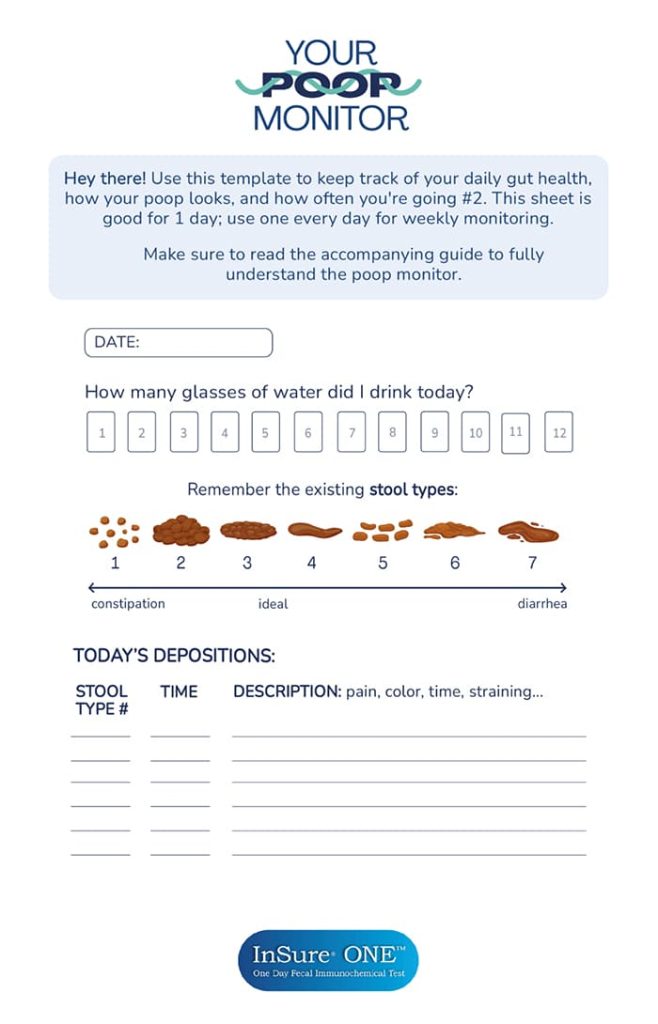Colorectal cancer is the third most common cancer globally, but here’s the good news: catch it early, and it’s one of the most treatable cancers out there. With early detection, the five-year survival rate jumps to about 90%, making regular screenings essential as you age.
For people at average risk, starting screenings at age 45 is the recommended standard. Among the screening methods, the Fecal Immunochemical Test (FIT) has become a popular choice for its simplicity and effectiveness. But how accurate is a stool test like the FIT at detecting potential issues, and what should you know before making it part of your health routine?
How Accurate is the FIT Test for Detecting Potential Colorectal Issues?
The FIT test checks your stool for hidden blood, which can indicate potential issues in your colon or rectum, including colorectal cancer. Sensitivity for detecting hidden blood varies depending on the specific test being used, ranging between 69% and 86%. It’s essential to consult your healthcare provider to ensure they are using the most up-to-date and accurate FIT available.
No test is perfect, and false negatives can occur, especially when bleeding is intermittent and goes undetected. That’s why regular annual screenings and follow-up colonoscopies for positive results are vital for effective colorectal cancer prevention and detection.
FIT Test vs. Colonoscopy: What’s the Difference?
Both the FIT test and colonoscopy are valuable for colorectal cancer screening, but they work differently and suit different people.
- FIT Test: The FIT test checks for hidden blood in the stool, which may indicate abnormalities in the lower gastrointestinal tract, such as the colon or rectum. This simple, at-home test requires no diet changes, making it a convenient and accessible first screening option, especially for those at normal risk.
If the FIT test yields a positive result, your healthcare provider will likely recommend a follow up colonoscopy for further investigation. This ensures any potential issues are thoroughly examined and addressed.
- Colonoscopy: A colonoscopy is a thorough and comprehensive procedure that uses a camera to visually examine the colon. It allows doctors to detect and remove polyps or address other issues that may not yet be causing symptoms like bleeding. While highly effective, it requires preparation, is invasive, and is performed in a clinical setting.
Who Should Consider Each Option?
It’s always best to consult with your healthcare professional, but based on current clinical recommendations, both the FIT test and colonoscopy are considered Tier 1 screening options by the United States Preventive Services Task Force (USPSTF).
For individuals under 45 with no family history of colon cancer, an annual FIT test may be sufficient. However, those with specific risk factors, such as a family history of colorectal issues or symptoms, might require earlier or more frequent screenings. If you receive a positive FIT result, a colonoscopy is typically the next step for further evaluation.
Does a Positive Stool Test Mean Cancer?
A positive FIT test doesn’t necessarily mean you have cancer. In fact, studies show that only about 2.9% to 7.8% of positive FIT tests result in a cancer diagnosis. Other potential causes for a positive at-home test include polyps, inflammation, or even minor gastrointestinal bleeding.
A positive FIT test is a warning sign that needs further investigation. Always consult a healthcare provider to determine the cause of the positive result.
Where to Get a Screening Test?
FIT tests are widely available and simple to use. They can be obtained through your healthcare provider, at pharmacies, or online. For added convenience, options like the InSure® ONE™ test offer an at-home solution with 87.5% sensitivity for detecting hidden blood in the stool. With straightforward instructions and a clean sample collection process, it’s a practical choice for monitoring your health.
Sources:
- National Center for Biotechnology Information (NCBI) – Study on Fecal Immunochemical Testing (FIT)
- Cleveland Clinic Journal of Medicine – FIT vs. Colonoscopy: Screening Approaches
- American Society for Gastrointestinal Endoscopy (ASGE) – Guidelines on Fecal Immunochemical Testing(FIT)

